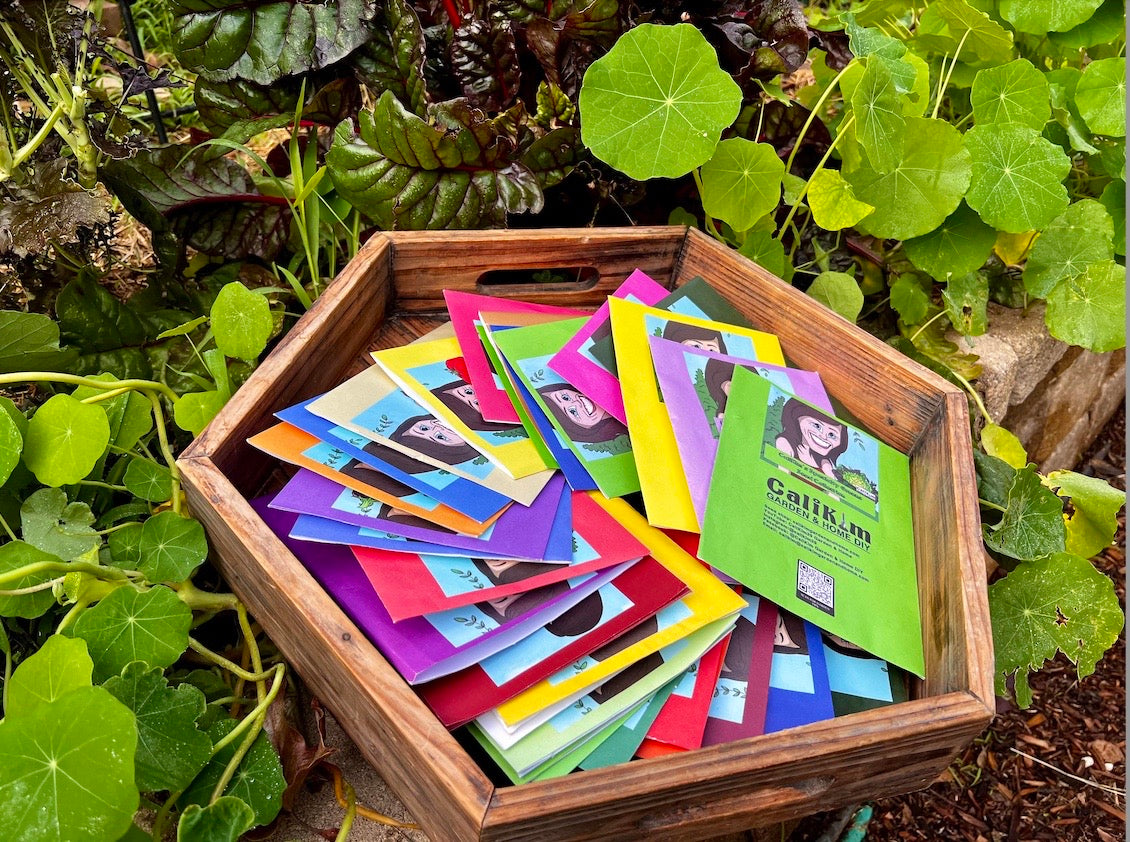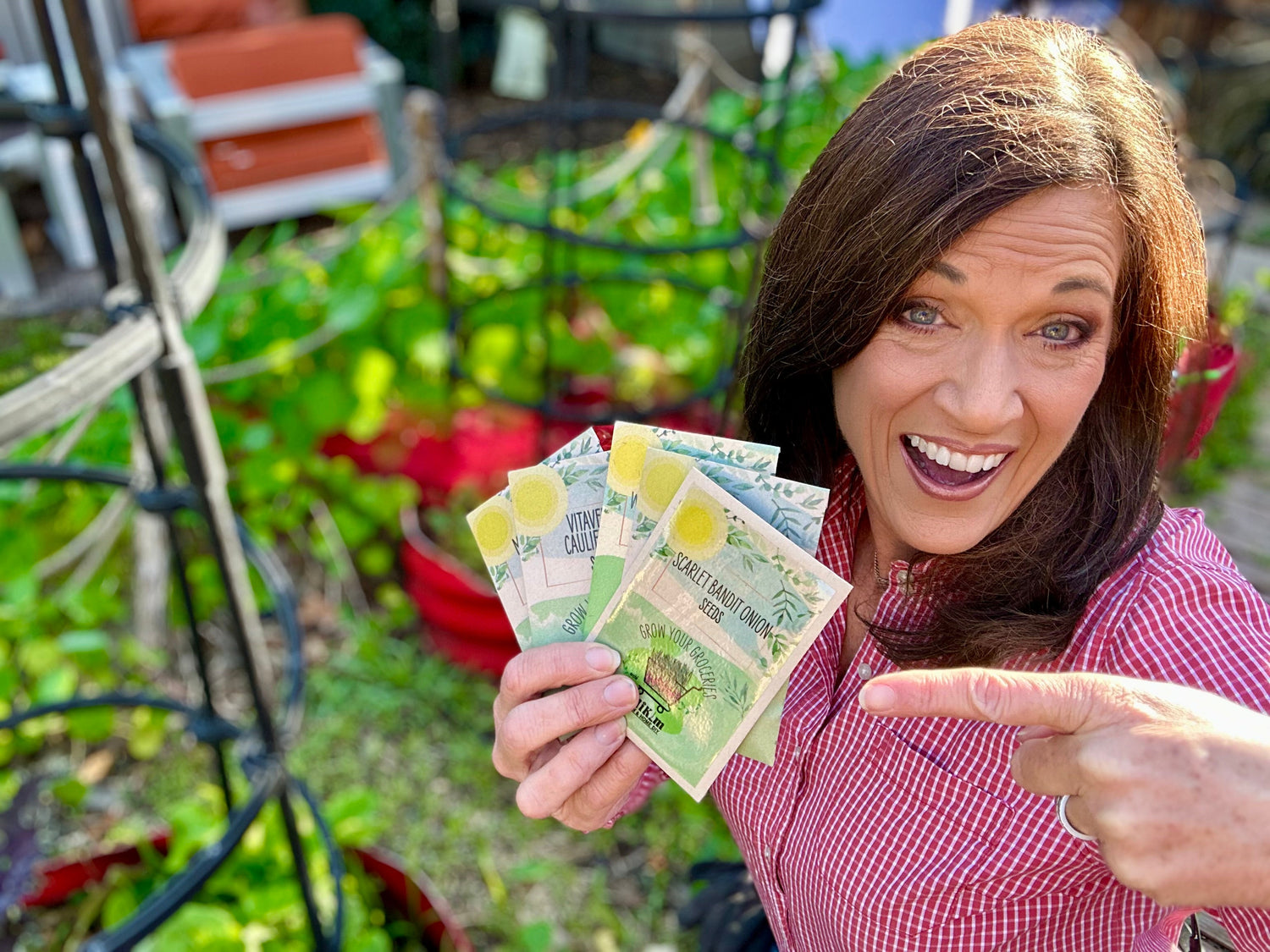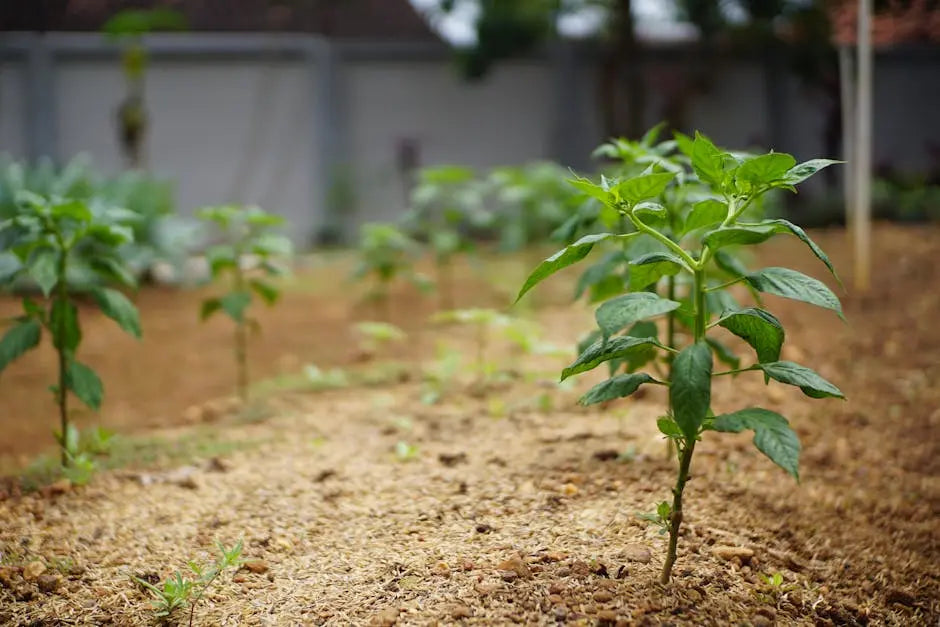
Understanding the origins of organic gardening seeds
Organic gardening seeds have a fascinating journey that starts at the very heart of sustainable farming practices. These seeds are not just any seeds; they are the product of carefully nurtured plants that have been cultivated with great love and respect for the environment. The journey begins with the selection of the strongest and healthiest plants to produce the highest quality seeds.
Farmers who specialize in organic gardening seeds understand the importance of biodiversity in creating resilient plants. By selecting seeds from a variety of plants, they ensure that the genetic pool remains diverse and adaptable to changing environmental conditions. This biodiversity is the foundation of organic seed preservation, ensuring that future generations will have access to a wide range of crops.
The origins of organic gardening seeds can be traced back to ancient farming practices that honored the land and its natural rhythms. Today, modern organic seed producers continue this tradition by working in harmony with nature, following sustainable methods that protect the soil, water, and air. These seeds carry with them the wisdom of generations past, making them more than just a commodity; they are a connection to our agricultural heritage.
The role of sustainable farming practices in seed development
Sustainable farming practices play a crucial role in the development of organic gardening seeds. By eschewing synthetic chemicals and pesticides, farmers create an environment where plants can thrive naturally, without harmful interference. This nurturing environment leads to seeds that are robust, healthy, and well-suited to organic growing conditions.
One of the key aspects of sustainable farming is soil health. Organic gardening seeds benefit from soil that is rich in nutrients and teeming with beneficial microorganisms. This fertile soil provides the perfect foundation for seed development, allowing plants to access the vital nutrients they need to grow strong and resilient. The result is seeds that are full of vitality and potential.
Water management is another essential component of sustainable farming practices. Organic gardening seeds require optimal hydration to germinate and grow into healthy plants. By implementing water-saving techniques such as drip irrigation and rainwater harvesting, farmers ensure that their seeds receive just the right amount of moisture to flourish. These sustainable practices not only benefit the seeds but also help conserve precious water resources.
Nurturing the growth of organic seeds with care and dedication
Nurturing the growth of organic seeds requires a deep sense of care and dedication from farmers. Each seed is a potential life waiting to unfold, and it is the farmer’s responsibility to provide the optimal conditions for this growth. From planting to harvest, every step in the process is carried out with meticulous attention to detail.
Farmers who grow organic gardening seeds understand the interconnectedness of all living beings in the ecosystem. They work in harmony with nature, avoiding harmful chemicals and practices that disrupt the delicate balance of the environment. This care and respect for the natural world result in seeds that are imbued with vitality and strength, ready to thrive in diverse garden settings.
The journey of nurturing organic seeds is not just about the physical aspects of farming; it is also a labor of love and dedication. Farmers who choose to grow organic seeds do so out of a deep passion for sustainable agriculture and a commitment to preserving the health of the planet for future generations. This emotional connection to their work is reflected in the quality of the seeds they produce.
The significance of biodiversity in organic seed preservation
Biodiversity is a cornerstone of organic seed preservation, ensuring that a wide range of plant varieties remains available for future generations. Organic gardening seeds derived from diverse plant species are more resilient to pests, diseases, and environmental changes. This resilience is essential for maintaining a sustainable food system that can adapt to the challenges of a changing climate.
Preserving biodiversity in organic seeds also safeguards cultural heritage and traditional knowledge associated with different plant varieties. Many heirloom seeds have been passed down through generations, each one telling a story of human ingenuity and adaptation to local growing conditions. By preserving these seeds, we honor the wisdom of our ancestors and protect the biodiversity that underpins our food supply.
Organic seed preservation is not just about saving seeds for future use; it is about preserving the diversity of life on Earth. Each seed represents a unique genetic blueprint that has evolved over millennia to thrive in specific environments. By protecting this diversity, we ensure that our agricultural systems remain resilient and sustainable for generations to come.
Choosing the right organic seeds for your garden’s unique needs
When selecting organic seeds for your garden, it’s essential to consider your garden’s unique needs and growing conditions. Different plants require specific care and environmental conditions to thrive, so choosing the right seeds is key to a successful harvest. Consider factors such as sunlight, soil type, and climate when deciding which organic seeds to plant.
Another important aspect to consider when choosing organic seeds is the variety of crops you want to grow. Organic gardening offers a wide range of plant species, from vegetables to herbs and flowers. Planning a diverse garden with a mix of plants can help increase biodiversity in your garden and create a more resilient ecosystem that is less susceptible to pests and diseases.
Before purchasing organic seeds, it’s also important to research the seed supplier to ensure they follow sustainable and ethical practices. Look for certifications that guarantee the seeds are truly organic and have been produced without the use of synthetic chemicals. By choosing high-quality, organic seeds from reputable suppliers, you can support sustainable agriculture and contribute to a healthier planet.





